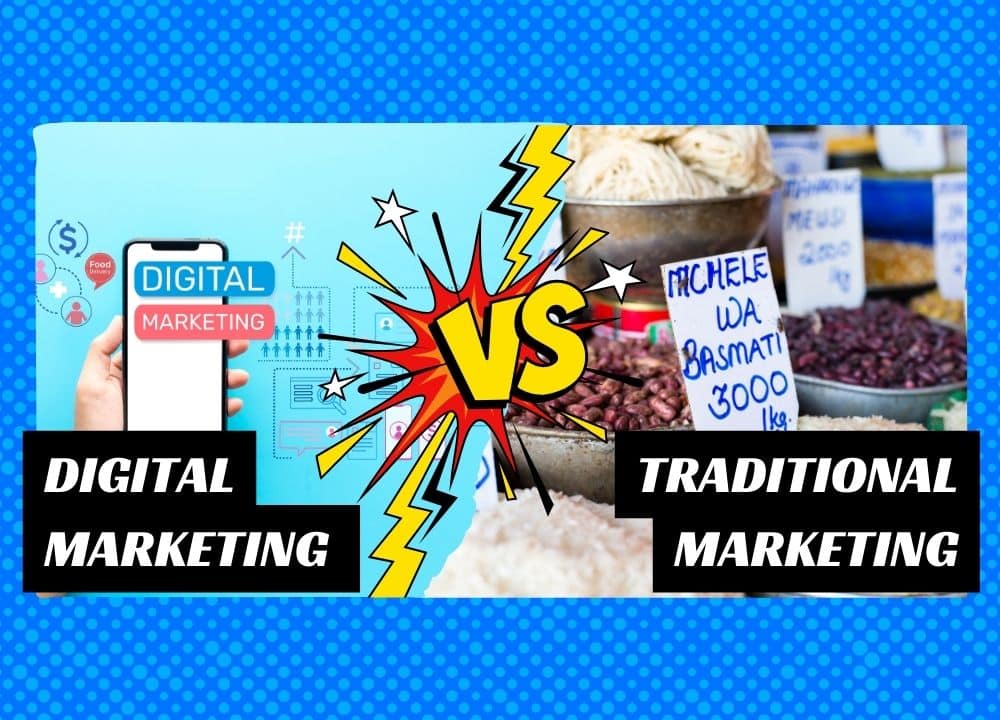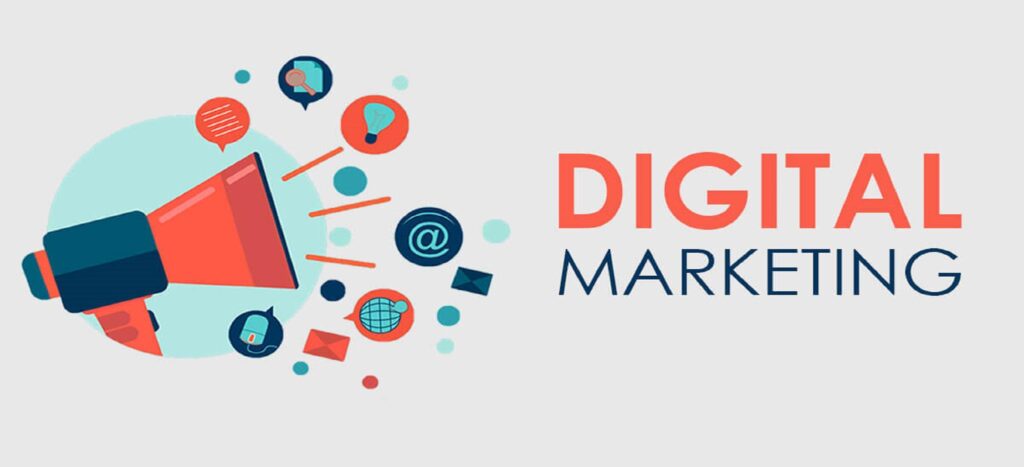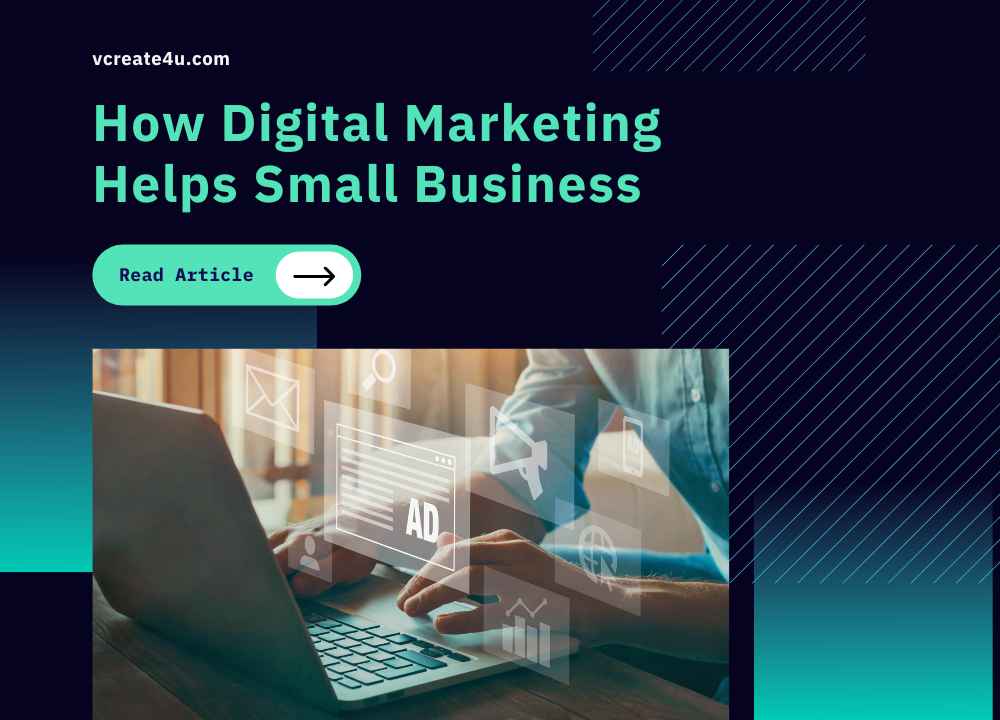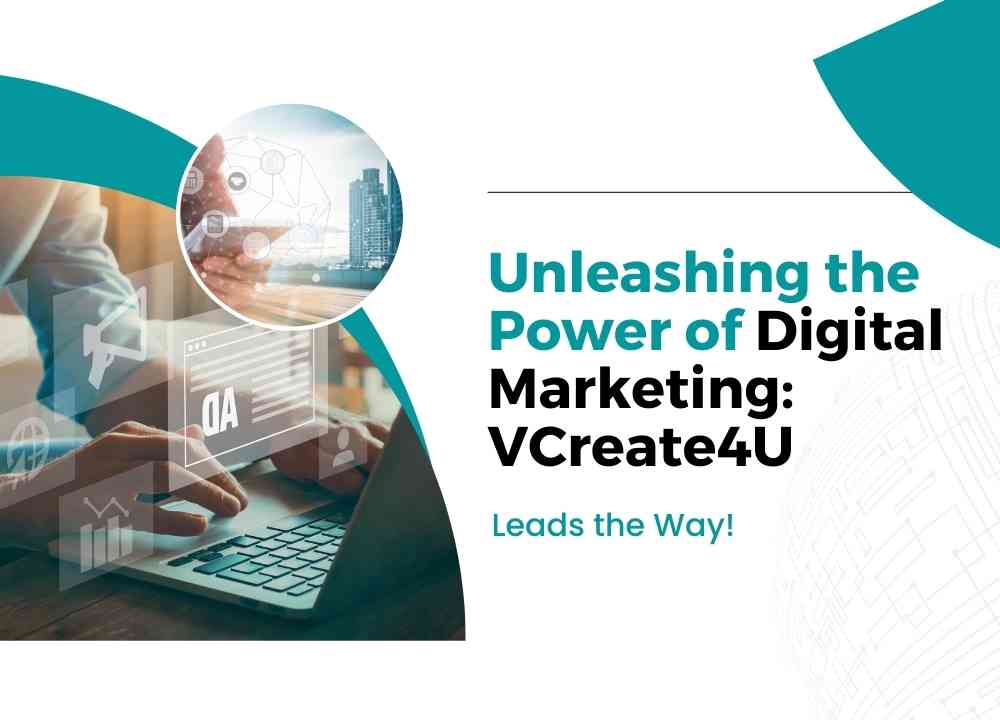Unleashing the Power of Digital Marketing: A Comprehensive Guide
In the fast-evolving landscape of business promotion, two prominent strategies stand out – Traditional Marketing and Digital Marketing. Understanding the nuances between these approaches is crucial for devising a successful marketing plan that maximizes reach and returns. This article delves into the core distinctions, benefits, and strategies of Digital Marketing, shedding light on why it has become the go-to choice for businesses in the modern era.
Embracing Change: The Shift from Traditional to Digital Marketing
In the ever-shifting realm of marketing, the dichotomy between Traditional and Digital Marketing is stark. Traditional marketing relies on conventional channels such as print media, TV, and radio, often incurring substantial costs. On the other hand, Digital Marketing leverages online platforms, providing a cost-effective alternative with unparalleled targeting capabilities.
Cost-Efficiency Redefined
One of the primary advantages of Digital Marketing is its cost-effectiveness. Unlike Traditional Marketing, where hefty budgets are allocated for print ads or TV commercials, Digital Marketing allows businesses to achieve more with less. Online campaigns, social media promotions, and targeted advertisements enable a judicious allocation of resources, ensuring maximum impact at minimal costs.
Precision Targeting for Maximum Impact
Digital Marketing offers a unique advantage – the ability to precisely target a specific audience. Through data analytics and user behavior tracking, businesses can tailor their campaigns to resonate with the interests and preferences of their target demographic. This precision targeting not only enhances engagement but also boosts conversion rates by reaching those genuinely interested in the products or services offered.
Quantifiable Results and High ROI
Measuring the effectiveness of a marketing campaign is paramount, and this is where Digital Marketing shines. Unlike Traditional Marketing, where gauging success can be subjective, digital platforms provide robust analytics. Businesses can track metrics such as website traffic, click-through rates, and conversion rates in real-time, enabling data-driven decision-making. This transparency leads to a higher Return on Investment (ROI), as strategies can be adjusted promptly for optimal results.
Crafting Personalized Connections in the Digital Realm
Another pivotal aspect of Digital Marketing is its ability to facilitate personalized communication with the target audience. This level of customization goes beyond demographics, allowing businesses to tailor messages based on individual interests and behaviors.
Personalized Communication: A Game-Changer
In the digital landscape, generic messaging often falls flat. Digital Marketing, however, empowers businesses to forge meaningful connections by delivering personalized content. Whether through email campaigns, social media interactions, or targeted content creation, businesses can create a one-on-one connection with their audience, fostering loyalty and brand affinity.
Leveraging Interests for Maximum Engagement
Understanding the interests and preferences of the target audience is the cornerstone of effective Digital Marketing. By analyzing data and leveraging insights, businesses can curate content that resonates with their audience’s passions. This not only increases engagement but also positions the brand as attuned to the needs and desires of its customers.
Conclusion: Embracing the Digital Advantage
In the dynamic landscape of marketing, embracing the digital advantage is no longer a choice but a necessity. Digital Marketing’s cost-efficiency, precision targeting, quantifiable results, and personalized communication make it a powerhouse for businesses aiming to thrive in the modern era. As we navigate an era dominated by online interactions, harnessing the capabilities of Digital Marketing is the key to staying ahead in the competitive business arena.





